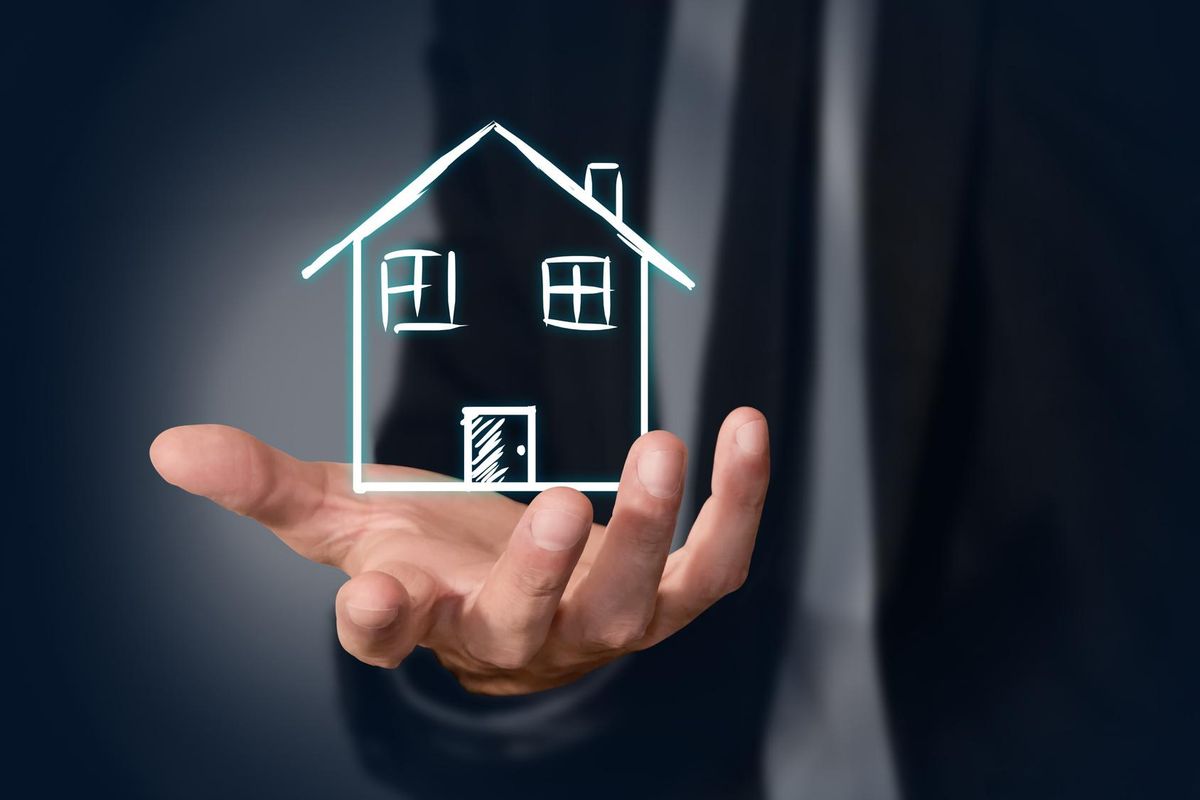
What Is Home Equity, and How Can You Build It Faster?
One of the biggest questions associated with home ownership is how to determine your home equity. It is an important question, as home equity represents how much of your house you actually own, as opposed to how much the bank owns because of your mortgage.
When it comes to securing a loan with your home's value, or selling your home, knowing the true amount of your equity becomes even more important—it's the amount of cash you are left with if you were to sell it.
What is home equity?
As mentioned above, equity is an expression of the amount of ownership you have in your home. You can figure your equity by subtracting the money you still owe on your mortgage from how much your home is worth. Here's a simple example:
Say you took out a mortgage for $155,000 to buy your house. Over the years, your home has appreciated in value to $168,000, and you have paid down your mortgage a bit so that now you owe $136,000. When calculating your home equity, you subtract what you owe from current market value of your home, not from what you originally owed on your home loan: $168,000-$136,000. So your home equity amounts to $32,000.
How do you build home equity?
The faster you can build equity in your home, the better. You can take better advantage of what is likely your best asset when you have more equity. Making home improvements will help you get more when you sell, and is a good way to build home equity.
More articles from AllBusiness.com:
- Funding Your Business with Loans vs. Equity Capital
- Top 5 Things to Consider Before Applying for a Loan
- 5 Important Things That Everyone Should Know About Personal Finance
- Understanding Grace Periods and Late Fees in Mortgage Loans
- 7 Frequently Asked Questions by First-Time Home Buyers
However, building up equity is not always easy. Because so much of your monthly payments go to interest at the beginning of the loan term, it often takes about five to seven years to really begin paying down principal. Plus, it usually takes four to five years for your home to increase in value enough to make it worth selling.
There are some things you can do, however, to build home equity a little faster:
- Avoid an interest-only loan. With no portion of your payments going to the principal during the initial loan term, you are building equity at a snail's pace.
- Instead of a 30-year mortgage, get a shorter-term home loan. See if you can make the higher payments to cut your term to 20 years or 15 years. You will save money in interest payments as well.
- Make a bigger down payment on your home. The more you put down up front, the less you have to borrow, putting you ahead.
- Choose a house in a prime location. Choose a home located in an area where it will likely increase in value. Homes located near decent schools, not far from shopping and churches, and in well-kept areas of town are more likely to increase in value.
Understanding home equity is important
Knowing how to use the equity in your home to your advantage is a valuable asset-management skill. Understanding how equity works, and what you can do increase your ownership in your real estate is one of the best ways to get ahead financially. Your home is your most valuable asset. Learning how it can benefit you is an essential part of solid financial planning.



